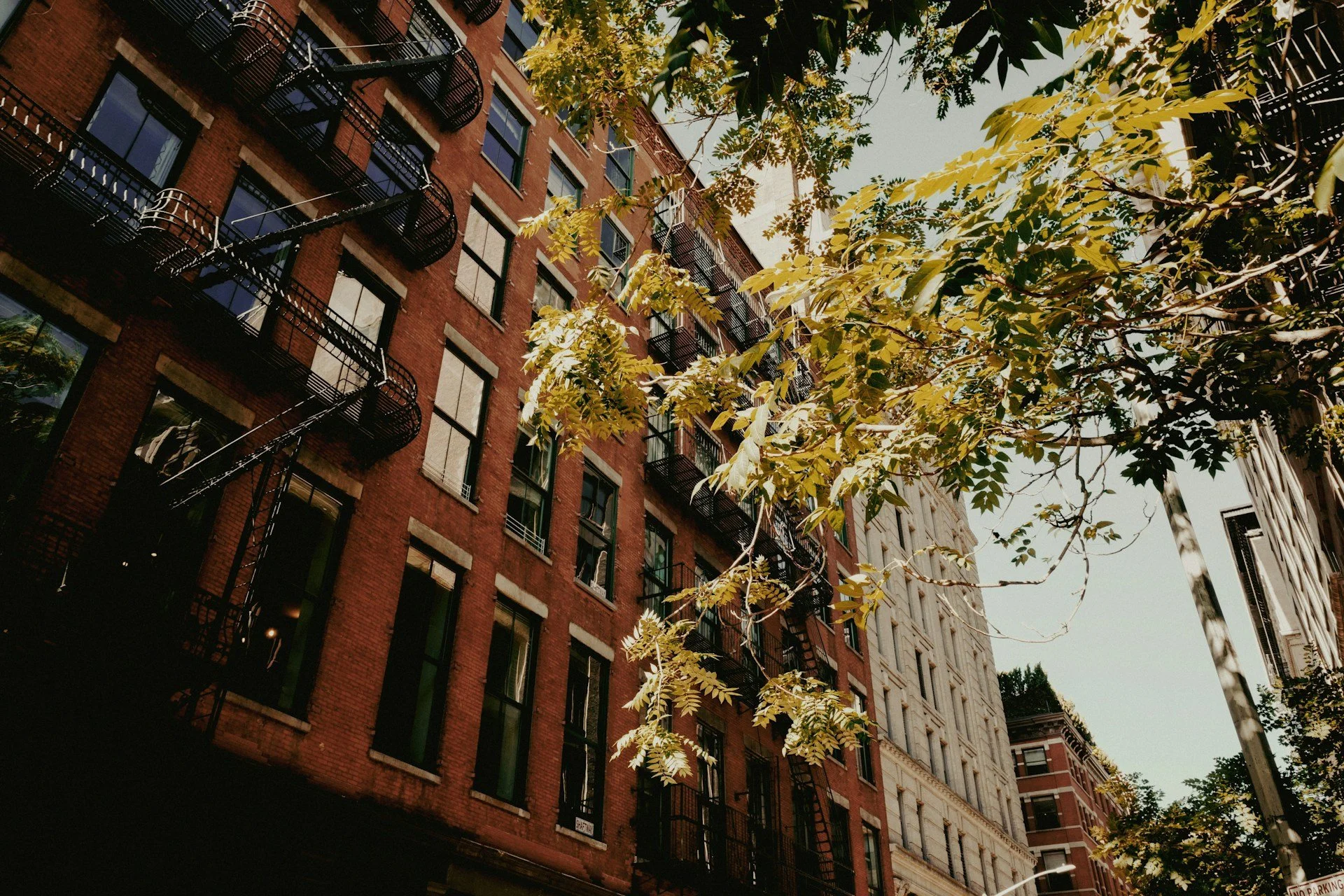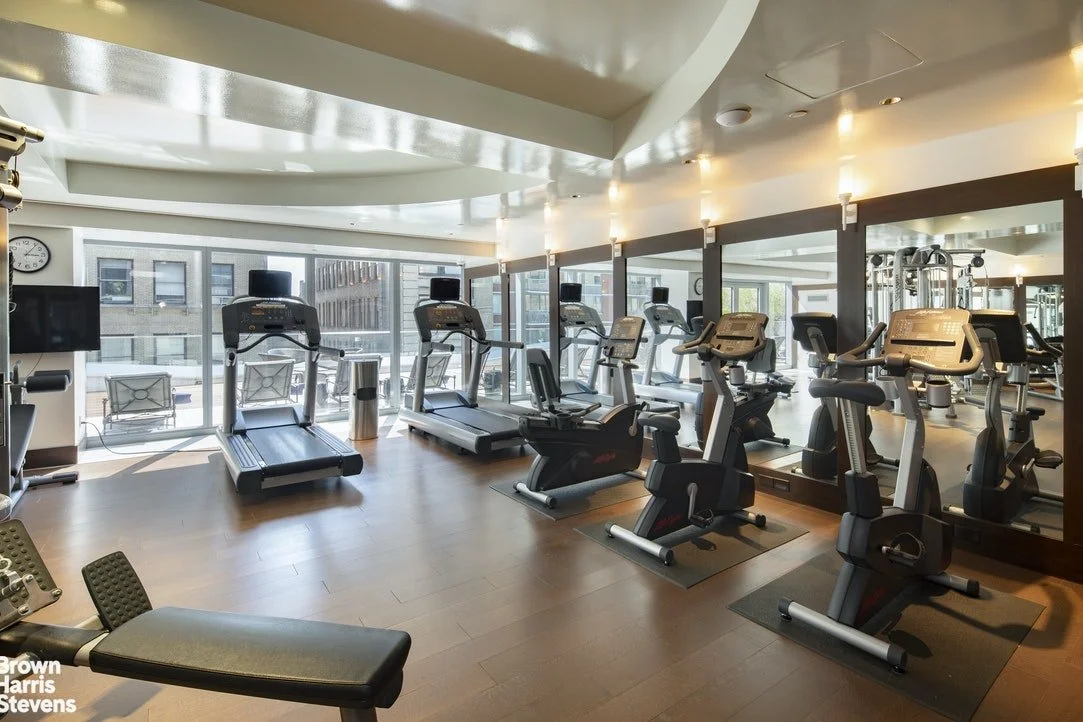House Addition Costs Explained: Budget Planning Your Addition
Whether you want to accommodate a growing family, create a home office, or build that dream entertainment area, a house addition can breathe new life into your living space.
In this article, we will highlight the costs of house additions. We'll also discuss the factors that impact the overall expenses and how to budget wisely to ensure a successful and well-managed project.
House Addition Building Materials
When planning a house addition, one of the crucial aspects to consider is the selection of building materials. The materials you choose not only affect the overall look and durability of your addition but also your budget.
The table below shows the average cost for commonly used building materials:
When planning a home addition, understanding the costs associated with different room types is essential. Each room serves a unique purpose, and the expenses involved vary significantly.
Here’s the breakdown of average cost ranges for various room types:
● Simple Room: A small room, such as a cozy nook measuring 10x10 square feet, can cost between $8,600 and $15,500.
● Master Bedroom: Transforming your bedroom into a luxurious master suite can cost between $59,000 and $100,000.
● Garage: Building a two-car garage costs an average of $52 per square foot.
● Bathroom: Adding a new bathroom can be one of the most expensive home additions, ranging from $18,000 to $47,000. Plumbing, fixtures, and finishes contribute to the higher expense.
● Second Story: Adding a second story to your home is a major undertaking, with costs ranging from $300 to $500 per square foot. The extensive construction and structural modifications involved contribute to the overall cost.
● Home Office: Creating a dedicated home office space can cost between $50 and $200 per square foot.
Factors Affecting the Cost of Home Additions
● Size and Scope: Adding a small room is generally less expensive than a larger addition, like a master bedroom or bathroom, as it requires more materials.
● Structural Changes: Structural changes, such as removing walls or reinforcing the foundation, involve skilled labor and cost more.
● Design Complexity: Intricate or elaborate designs, unique architectural features, and customizations increase costs.
● Material Quality: While high-quality materials come at a higher price point, they last long.
How to Budget for a Home Addition
Here are some simple steps to help you effectively budget for your home addition:
Define Your Project: Start by clearly defining the scope and goals of your home addition project. Determine the size of the addition and any specific features or customizations you desire. Having a clear vision will help you estimate the costs more accurately.
Research and Obtain Quotes: Research different contractors and suppliers to gather estimates for the materials, labor, and other services required for your home addition. Obtain multiple quotes to compare prices.
Set a Realistic Budget: Based on the information gathered, set a realistic budget for your home addition project. Consider not only the costs of construction materials and labor but also any additional expenses such as permits and design fees.
Make sure to stick to the budget. To avoid wasting materials or overspending, determine how much material you need. For example, if you’re using concrete, you can find the right amount by using a concrete calculator.
Key Takeaways
Instead of searching for a new home, a home addition allows you to expand your living space and tailor it to your needs. Whether you want to add a home office, a playroom for the kids, or a guest suite, a home addition provides the flexibility to create the desired functional areas.
To recap:
● The average cost of commonly used building materials varies, such as $2 per square foot for insulation, $25-$40 per gallon for paint, and $12-$20 per panel for drywall.
● Home additions range from $8,600 to $15,500 for a simple room, $59,000 to $100,000 for a master bedroom, and $18,000 to $47,000 for a new bathroom.
● The cost of home additions is influenced by the size and scope of the project, required structural changes, design complexity, and the quality of materials used.
● To effectively budget for a home addition, it is important to define the project scope, research and obtain quotes from contractors and suppliers, and set a realistic budget that includes all necessary expenses.













